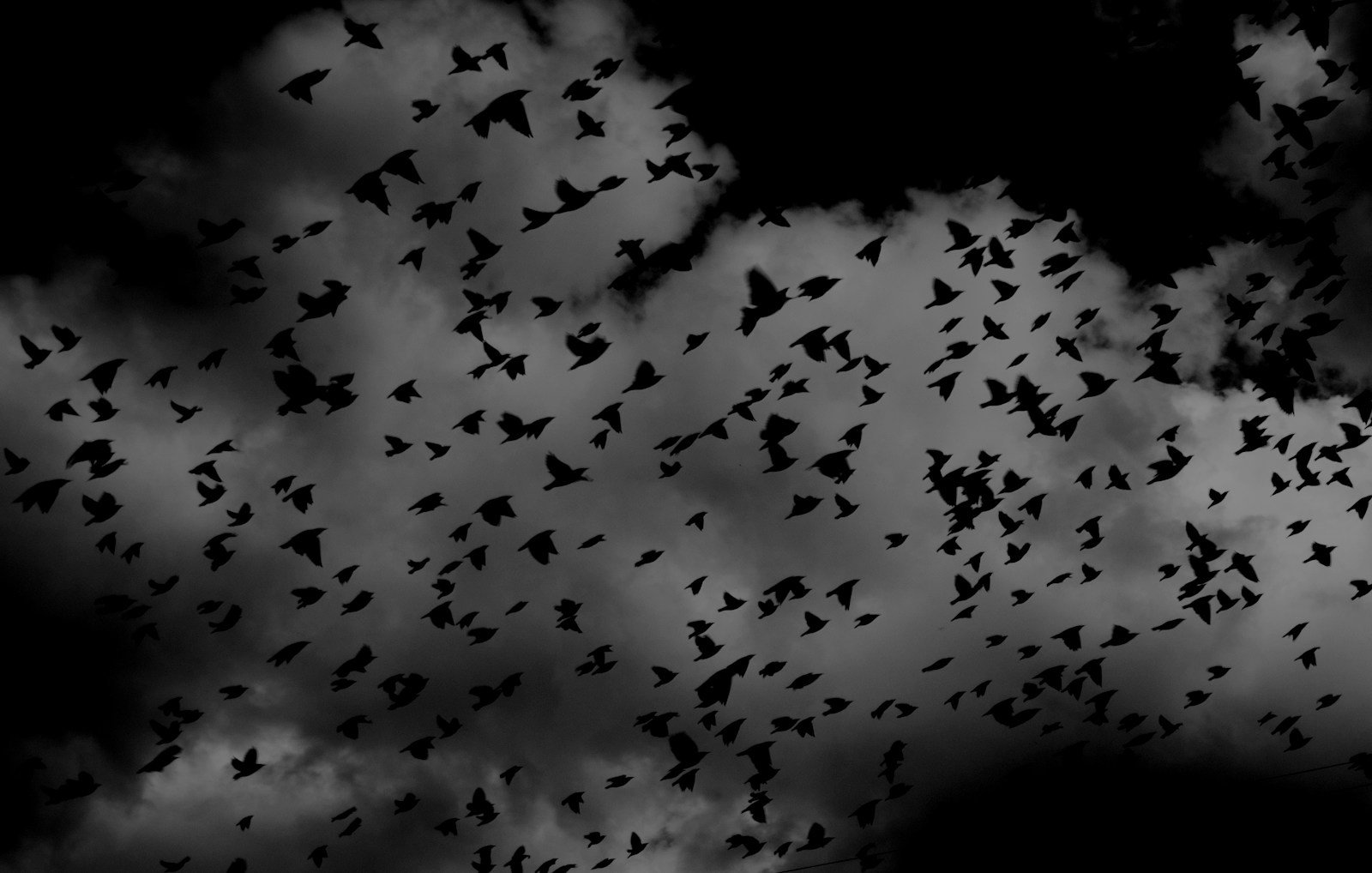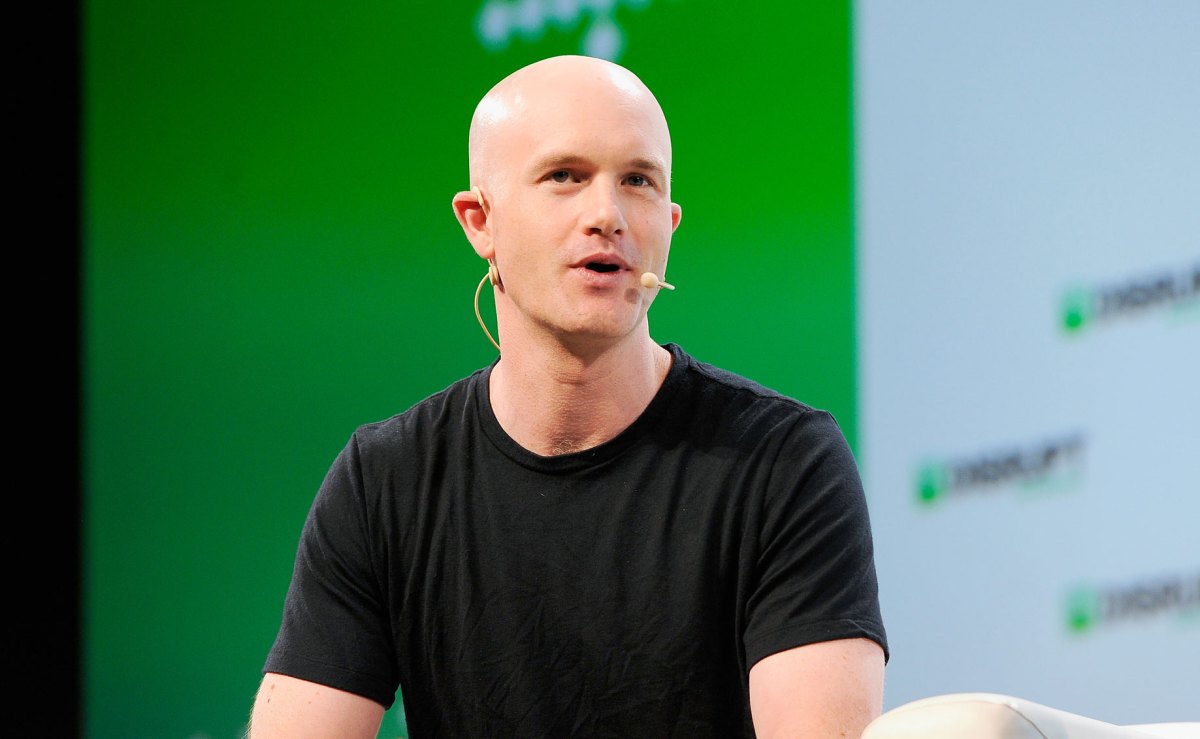Putin’s bloody war puts democracy under strain in Ukraine
KYIV — Ukrainian democracy is proving much stronger than most outsiders — including Russian President Vladimir Putin — believed.
But as the full-scale invasion drags into its third year, the strain is starting to show — although Ukraine is still very far from being an authoritarian dictatorship like Russia.
Earlier this week, President Volodymyr Zelenskyy signed a law that cements his administration’s control over key anti-corruption agencies — subjecting Kyiv to a rare blast of bad publicity from its closest allies and sparking two nights of unprecedented protests in the Ukrainian capital.
Zelenskyy argued that the radical move was needed to block Russian interference — and on Wednesday said he had “heard the public opinion” and promised to fix the situation with a new bill that he pledged would preserve the agencies’ independence.
But there is growing worry that Zelenskyy and his entourage might be using the authority granted him under martial law to concentrate power in a bid to keep the country fighting — in a way that raises fears over the country’s democratic credentials.
Svitlana Matviienko, executive director of the Agency for Legislative Initiatives, a Ukrainian NGO, warned that there is a “common pattern in the government’s abuse of power through violation of rules and procedure.”
In addition to this week’s legislation on anti-corruption agencies, the NGO pointed to last week’s Cabinet reshuffle as violating procedural rules, laws signed in violation of legislative deadlines, and cases like the prosecution of Vitaliy Shabunin, a Ukrainian army soldier and co-founder of Anti-Corruption Action Center, a top watchdog pushing for anti-corruption reform in Ukraine.
Shabunin is being charged with desertion and fraud. He insists his commander sent him to Kyiv to the national anti-corruption prevention commission to reform army procurement transparency, but the government says he’s being treated the same as any other soldier absent without leave.
“While persecuting me, the president’s office sends a message to all watchdogs, investigative journalists and Ukrainian servicemen that they can persecute anyone anywhere and at any moment,” Shabunin said.
More bad omens
There are also concerns about the way the government is using national security grounds to justify interference with other agencies.
On Monday, the Security Service of Ukraine (SBU), the country’s main counterintelligence agency, conducted searches at the National Anti-Corruption Bureau and at the Special Anti-Corruption Prosecutor’s Office — agencies that were brought under Zelenskyy’s control by the new law.
“The president has opened the door to manual interference in anti-corruption investigations,” Transparency International Ukraine warned Wednesday.

Earlier this month, the Ukrainian government reaffirmed its decision to block the appointment of Oleksandr Tsyvinskiy as the new head of Ukraine’s State Bureau of Economic Security. Choosing a new leader for the bureau had been a key step toward improving its transparency and a condition for the International Monetary Fund to keep foreign funding flowing.
The government asked that another candidate be selected due to “national security reasons,” citing a secret SBU memo. Tsyvinskiy said Monday he had not been told what kind of national security risk stopped his appointment.
“The government does not have the authority to ask the competition commission to find other candidates because the winner is ‘not suitable’ for them,” said Anastasia Radina, head of the anti-corruption committee in the Ukrainian parliament.
However, new Prime Minister Yuliia Svyrydenko — a close ally of Zelenskyy and his chief adviser Andriy Yermak — reiterated that the government had acted within its powers.
Democracy and war
Although it is recognized that a country waging an existential war may not be able to meet all the requirements of a peacetime democracy, watchdogs and political scientists worry that Zelenskyy’s approach is weakening Ukraine.
The president reshuffled his government last week to put more loyalists in key positions.
“Zelenskyy thinks as an owner of a business called ‘Ukraine,’ where Yermak is a CEO,” said a political lobbyist familiar with the actions of the president’s office, talking on condition anonymity to speak freely.
Under the pressure of war, Zelenskyy has relied on a narrow circle of trusted advisers, especially Yermak.
“In such conditions, the concentration of power, the reduction of the number of people acceptable for decision-making, is an expected phenomenon,” said Olena Tregub, executive director of the Independent Anti-Corruption Commission and a member of the Public Anti-Corruption Council under Ukraine’s Ministry of Defense.
“There is essentially no national team; the president micromanages with his advisers,” Tregub said. “I am convinced Zelenskyy makes all the decisions. Yermak acts as a filter, protecting the president while at the same time influencing his thoughts.”
That approach prevents new people from gaining positions of power.
“This is a strategic mistake. Ukraine is strong because it has a large number of passionate people in society who work for victory without profit, without positions, and on their own initiative,” Tregub said. “Those people should be involved in state policy, diplomacy and reforms. But this is not happening because the authorities do not trust them, and they do not trust the authorities.”

Zelenskyy’s approach has a long tradition in Kyiv, said Ivan Gomza, a political scientist with the Kyiv School of Economics. But it carries risks, especially during a state of war.
“Concentrating power among a narrow circle of allies leads to a state management crisis in a democracy, as it leaves an executive leader … in an informational vacuum, with yes-men praising him no matter what politics he does,” Gomza added.
Tregub warned that such an approach is a “mistake, because the interests of active civil society and the president in this war completely coincide. We all want to preserve the state.”
Ukraine is still a democracy
Despite the complaints regarding Zelenskyy, the country is not on an irreversible slide toward autocracy, Gomza said.
One key lever is for Ukraine’s allies to speak up — something that happened Wednesday as the European Union and other international bodies voiced their concerns about the new law.
“Ukraine’s government needs to get a signal that war will not excuse everything … They’re being watched. Or if you don’t want to play by the rules, then really, what’s the difference between you and Russia?” Gomza said.
The blowback against Zelenskyy inside and outside Ukraine shows the country is nothing like Putin’s Russia, said the Agency for Legislative Initiatives’ Matviienko — but there are risks.
“The ongoing war of attrition makes the concentration of power inevitable,” she said. “Right now, Ukraine is still closer to an unconsolidated democracy than to an unconsolidated authoritarianism, mainly due to established institutions and civil society. However, events unfolding in 2025 make it increasingly difficult to justify the concentration of power, even for optimists.”




















:quality(85):upscale()/2023/09/18/918/n/1922398/a1136b676508baddc752f5.20098216_.jpg)
:quality(85):upscale()/2025/10/09/670/n/1922283/00b944c868e7cf4f7b79b3.95741067_.jpg)
:quality(85):upscale()/2025/10/15/765/n/1922398/29c37a6e68efd84bb02f35.49541188_.jpg)
:quality(85):upscale()/2025/09/09/891/n/1922283/7222624268c08ccba1c9a3.01436482_.png)













:quality(85):upscale()/2025/08/13/775/n/1922283/3c0cbead689ccd0c422644.10221678_.png)



